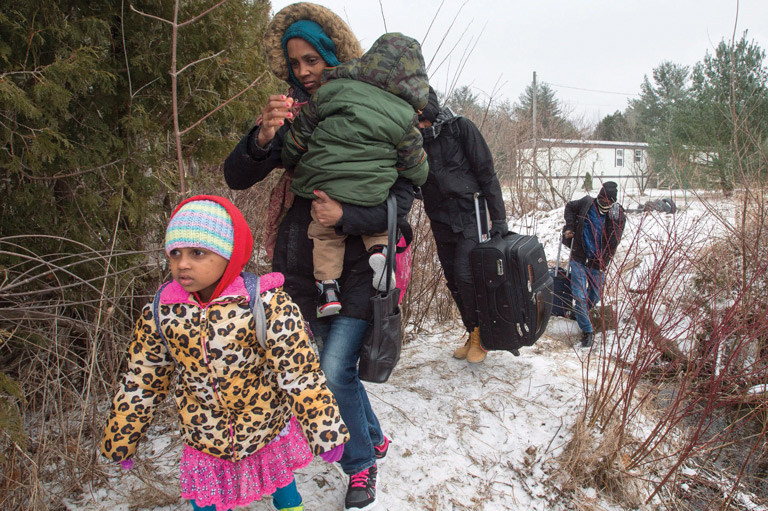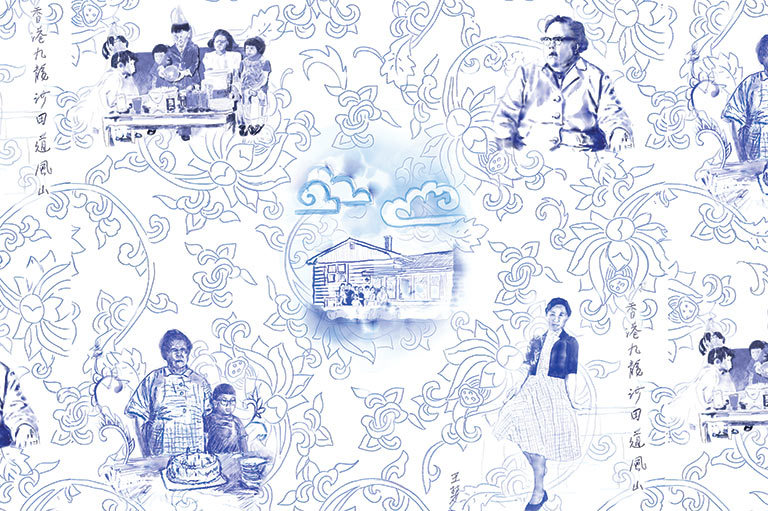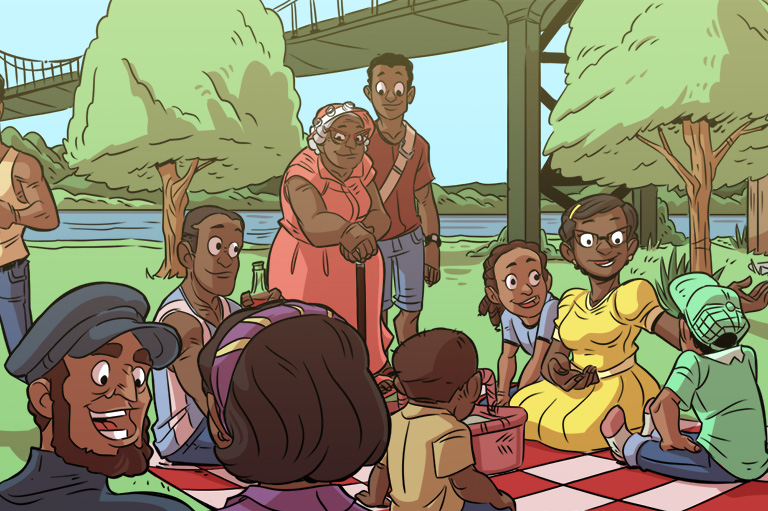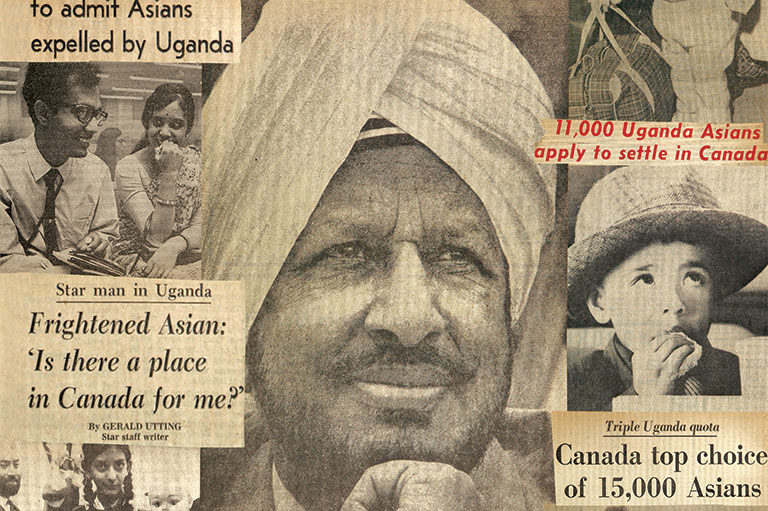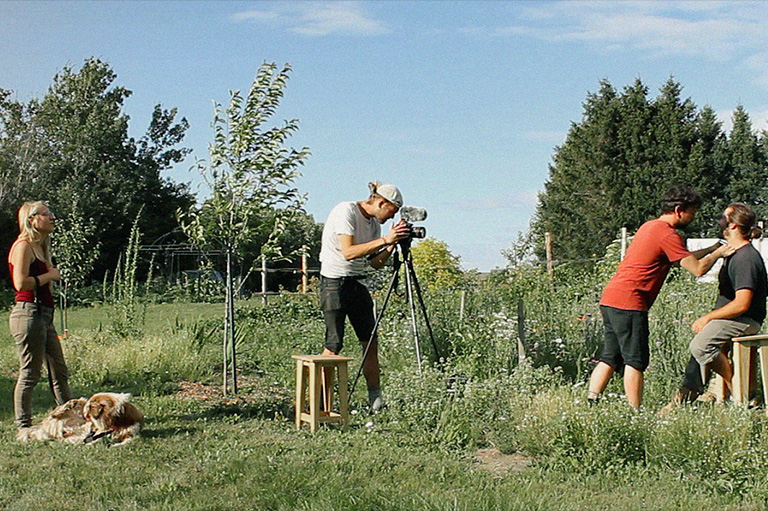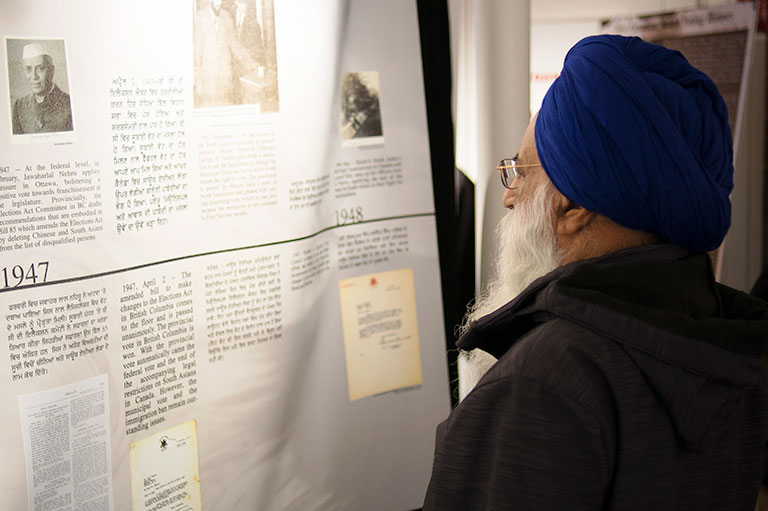Africville
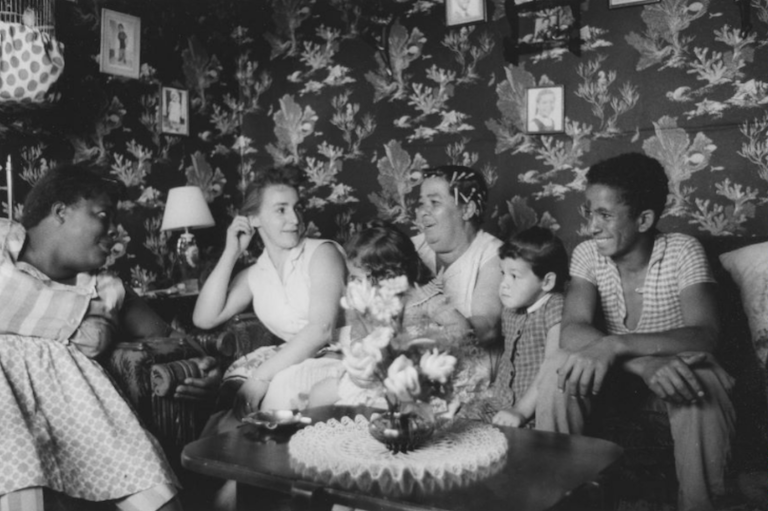
With its beginnings in the mid-nineteenth century, the north Halifax community known as Africville was eventually home to eighty mainly black families. Decisions to locate heavy industry in the area and to deny services, plus consultations involving outside experts, culminated in a 1964 recommendation to demolish Africville's homes. Africville has since become symbolic both of the aspirations of black Nova Scotians and of imposed urban renewal schemes gone wrong. In February 2010, Halifax Mayor Peter Kelly issued a formal apology for the loss of the community.
1848
Year of land purchases by William Brown and William Arnold, the first to be documented in the area that became known as Africville.
1919
Year of petition to Halifax council asking for better police protection in Africville.
100
Distance in metres from some homes to the Halifax city dump after the latter was relocated in the mid-1950s.
With 7 uniquely curated newsletters to choose from, we have something for everyone.
65
Percent of Africville residents surveyed in 1959 who liked living there and did not wish to move. Most believed their children would have better lives in Africville.
800,000
Cost in dollars of the 1964-70 relocation — the same amount the city had in 1963 deemed too expensive to upgrade services for the area.
95
Percent of relocated residents who in 1969 thought the city had gotten a better deal than they did.
3 million
Dollars pledged by the city in 2010 toward rebuilding the Seaview African United Baptist Church, which was bulldozed in 1967.
Advertisement
Thanks to Section 25 of the Canadian Charter of Rights and Freedoms, Canada became the first country in the world to recognize multiculturalism in its Constitution. With your help, we can continue to share voices from the past that were previously silenced or ignored.
We highlight our nation’s diverse past by telling stories that illuminate the people, places, and events that unite us as Canadians, and by making those stories accessible to everyone through our free online content.
Canada’s History is a registered charity that depends on contributions from readers like you to share inspiring and informative stories with students and citizens of all ages — award-winning stories written by Canada’s top historians, authors, journalists, and history enthusiasts.
Any amount helps, or better yet, start a monthly donation today. Your support makes all the difference. Thank you!
Themes associated with this article
Advertisement

